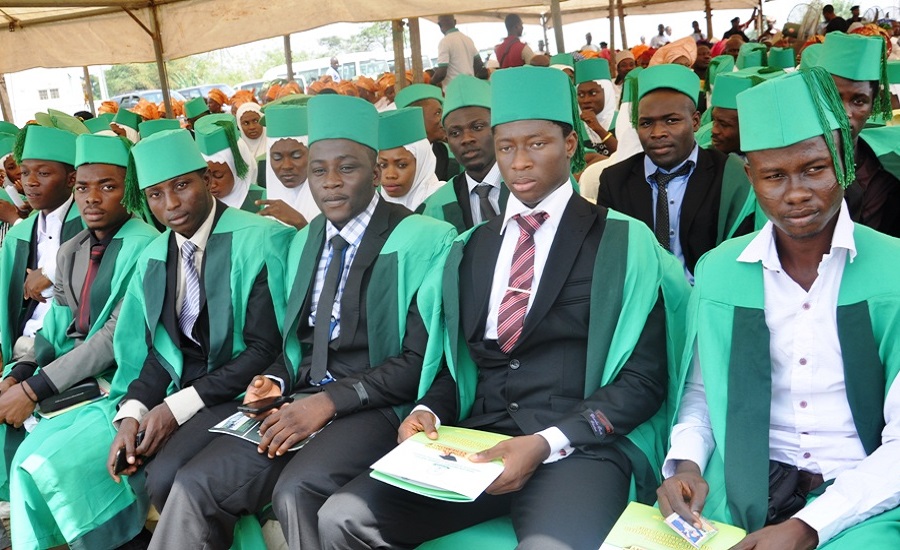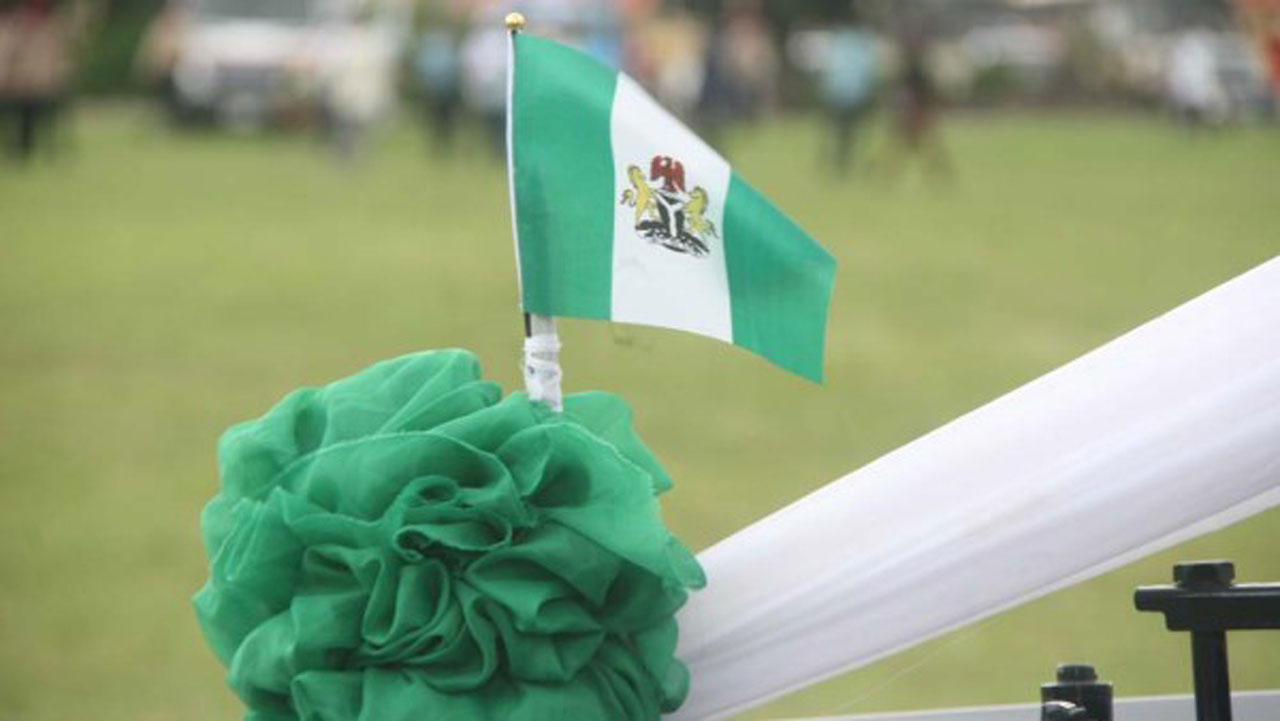Geopolitics is the study of the effects of geography on politics and human relations; mainly the relationships between nations.

To most people, the word “nation” refers to countries, but the study of geopolitics may also focus on relations between sub-national geopolitical entities, such as our geopolitical zones, or even our ethnic groups. For example, geopolitics could refer to how the Igbo people behave in relation to the South-East and the larger country they inhabit.
The world is constantly changing, and the realities of today will be very different from the realities in a decade. For one, the US, which many have looked up to for a very long time, will become more insular. China will try to step in and fill the void, but I think we are tied to Europe for a while to come.
The main change for Nigeria is that our geopolitical problems for the foreseeable future will remain internal, and the challenge will be how to balance the needs of each of the various groups that make up the country. For the sake of convenience, let us consider what we now call the six geopolitical zones in the country.
The Middle Belt is dominated by “minority” ethnic groups who have various allegiances, exacerbating the conflict in the region that is at once ethnic and religious. Since 1960, this region has never been able to articulate a singular agenda, and because of age-old animosities, there are so many conflicts in the region that keep the people there unable to fight against the Hausa-Fulani-Islamic influence that is coming in from the North of their borders. For the foreseeable future, this region is likely to be a source of instability.

The North-East has borne the brunt of the Boko Haram insurgency over the last decade, and there is no sign whatsoever that this will go away soon. The region was also the base of Maitatsine. Historically, the northern reaches of this region, dominated by the Kanuri, was centered around the Lake Chad economy which is disappearing, and as a result generating refugees that will put pressure on the North-West and Middle Belt, with the effect that they may radicalize more and more people.
The North-West’s biggest problem remains its rapidly growing population and the fact that this growing population is largely uneducated and possibly ineducable. Based on current data, this may be the most self-sufficient region for food production, but the collapse of the Sahel economy means that it suffers natural trade restrictions which put a strain on its economy.
The South-East, historically the homeland of the Igbo people, was the heartland of the secession attempt in the 1960s, and of the current secessionist agitations. It is also the smallest region geographically, and the most densely populated. Its natives are aspirational, upwardly mobile, and geographically landlocked, which leads to fierce competition for scarce resources. There is a reason why three centuries ago, lots of Igbo people began to abandon their farms, and produce great traders — the land simply could not cope. There is no reason to believe that it will cope now. A drive from Onicha to Awka, just in Anambra state will show this expanding soil deterioration. Then there will be the geopolitics of coping with expansion from the North, and hostility from the South.
The first problem the South-South has is that more than any other region it has had its environment completely devastated by the very stuff, which keeps Nigeria going, in its current form. This means that it is food dependent on other regions. Add that like the Middle Belt, no ethnic group dominates here, and we have a recipe for anarchy brought about by the fact that the youth in that region have been so thoroughly devastated by a proliferation of arms, gangs, and turf wars for control of lucrative if illegal oil trades.
On the surface, the South-West is the most stable and forward-looking of Nigeria’s regions. The current Nigerian economy is centered here (46% of Nigeria’s tax receipts come from Lagos alone), and there is a knock-on effect from Lagos, which is beginning to lift Ogun up. But that is on the surface. In reality, we tend to forget that Lagos was federal capital for 87 years, and as a result, commanded the lion’s share of whatever development came the way of the various zones. This arrangement is still felt till today as Lagos is, without doubt, the center of everything economic in Nigeria, despite Abuja’s pretensions to the contrary. The flip side is that Lagos is beginning to collapse under its own weight, and is now a demographic time bomb as more people move here.
These are challenges Nigeria has to think through.
Internationally we, or what is left of us, will come increasingly under French influence. China and India will remain too occupied in their neighborhood, and while they will both project influence here, the geopolitical competition back home will limit what they can do. As said earlier, the Americans will lose interest. The Brits will be relegated to the background as they increasingly become an American vassal state if they survive the fallout from Brexit as a unit within the next two decades anyway.
Turkey will attempt to ramp up influence here, but its main challenge will remain Saudi Arabia as both of them, and Iran, compete for leadership in the Islamic world.
This leaves the field relatively free for France to expand its influence over the region, and given that we do not know how to play global realpolitik, we will quickly fall under the thumb of the French.



